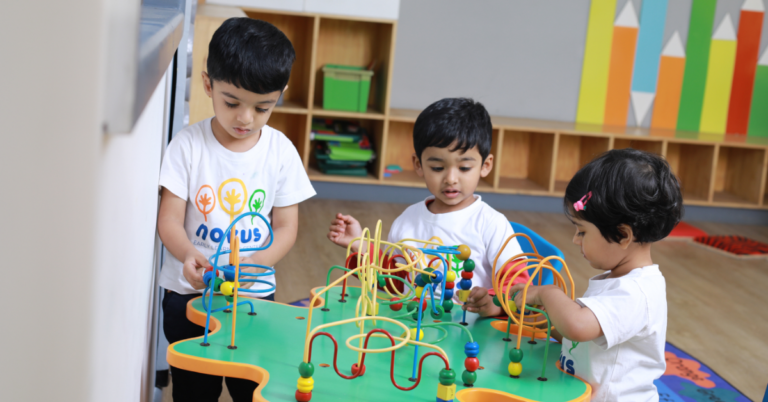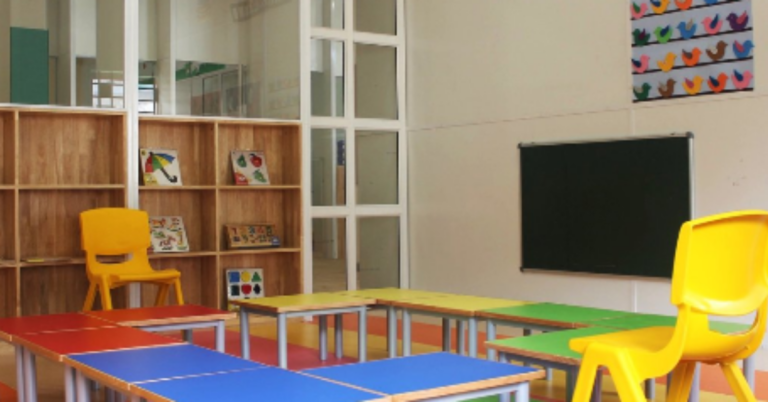Exploring the Benefits of Bilingual Education
Bilingual education offers numerous benefits to students, including enhanced cognitive skills and improved academic performance. Research has shown that learning in two languages can strengthen critical thinking and problem-solving abilities. By constantly switching between languages, students engage different regions of the brain, leading to improved cognitive flexibility and creativity.
Furthermore, bilingual students often outperform their monolingual peers in academic settings. The ability to communicate effectively in multiple languages can enhance overall academic performance. This advantage extends beyond language classes, as bilingual students may have a heightened ability to grasp complex concepts in various subjects.
Enhanced Cognitive Skills
Learning in two languages has been shown to enhance cognitive skills in individuals, regardless of their age. When individuals acquire knowledge in multiple languages, they are exercising their brains in a way that strengthens cognitive functions like problem-solving, critical thinking, and creativity. This cognitive stimulation can lead to improved memory retention and faster mental processing, providing long-term benefits beyond just language proficiency.
Moreover, bilingual individuals often display increased cognitive flexibility and a greater ability to switch between tasks effortlessly. These individuals are adept at filtering out irrelevant information and focusing on what is important, a skill that is invaluable in various aspects of life. The cognitive advantages gained from learning in two languages highlight the benefits of embracing multilingual education for holistic brain development.
Improved Academic Performance
Bilingualism has been shown to have a positive impact on academic performance across various subjects. Studies indicate that bilingual individuals tend to excel in tasks requiring cognitive flexibility and problem-solving skills, which are essential for academic success. By continuously switching between two languages, bilingual students develop a heightened ability to focus, analyze information efficiently, and adapt to different learning environments.
Furthermore, dual-language learners often display better executive functions, such as attention control and task-switching, which are crucial for academic tasks like reading comprehension and mathematical problem-solving. This enhanced cognitive control allows bilingual students to tackle complex assignments with ease and precision, ultimately leading to improved academic outcomes. The bilingual advantage in academic performance highlights the importance of embracing multilingual education for the holistic development of students.







